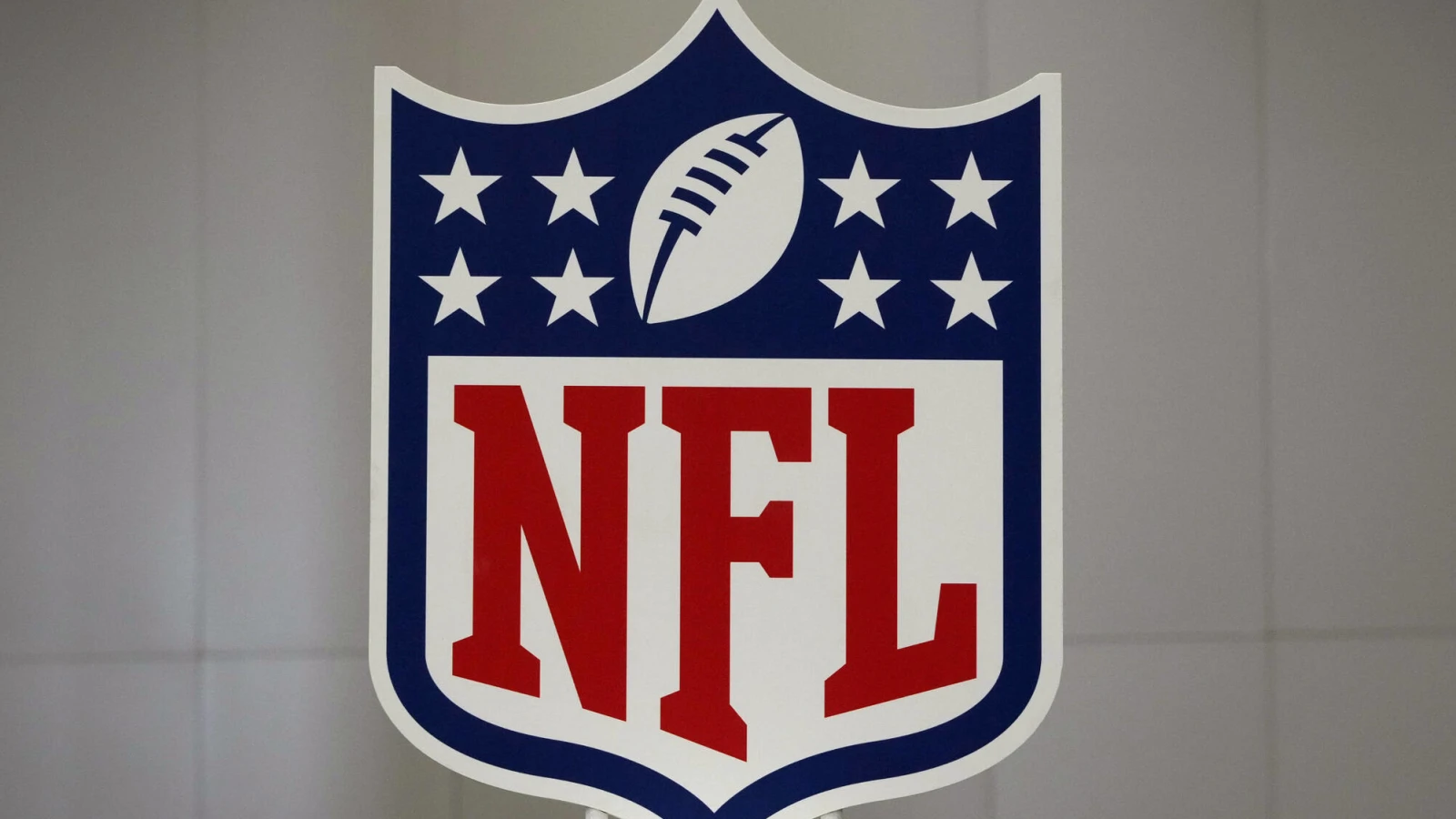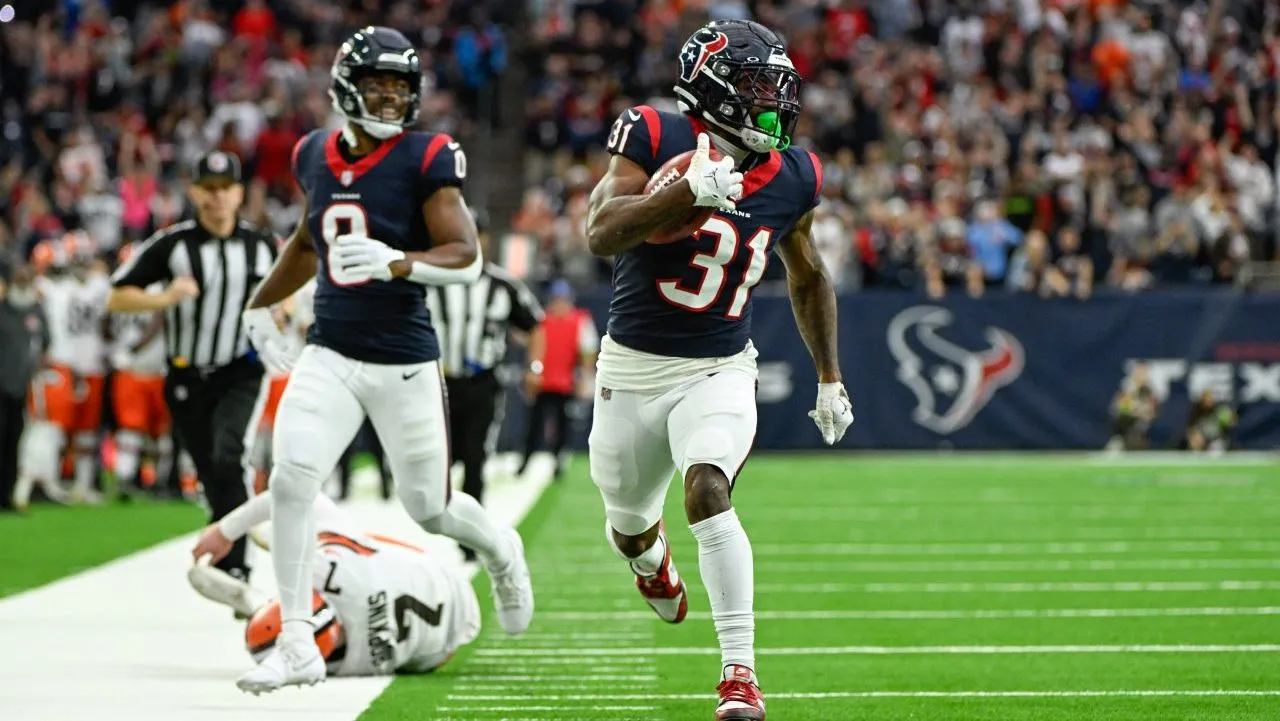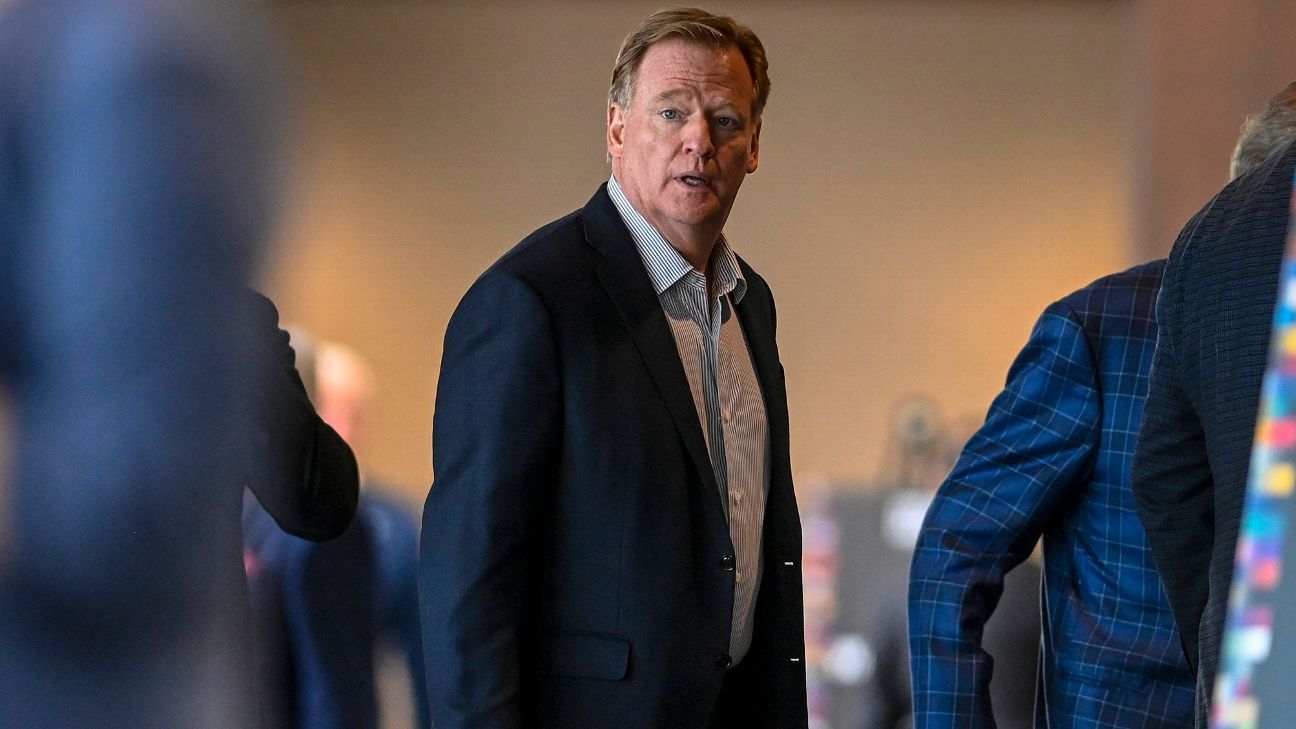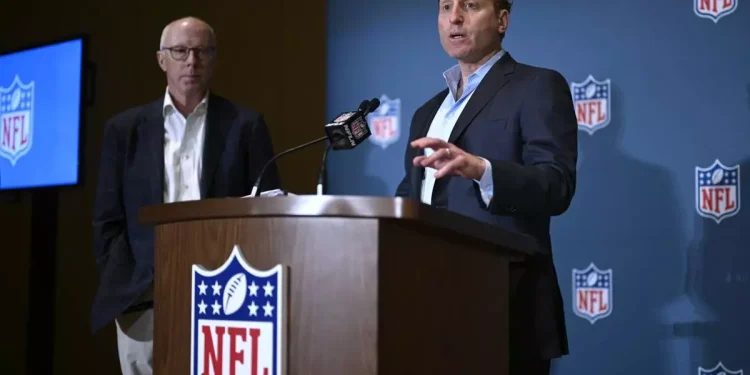The National Football League (NFL) has long maintained a coveted and exclusive club of team owners, a symbol of prestige and deep-rooted tradition within American sports.
However, recent developments suggest a shift that might dilute this exclusivity. A special committee of NFL owners is reportedly exploring modifications to the league’s strict ownership rules, potentially paving the way for private equity and sovereign wealth funds to stake claims in franchises.
According to Michael Rothstein of ESPN, “One of the possibilities on the table: allowing institutional wealth, including private equity, to invest in NFL franchises, which the league has never permitted.”
This proposal comes amid concerns over a shrinking pool of qualified buyers and skyrocketing team valuations. While this may sound like a savvy business manoeuvre, it could spell trouble for the league’s long-term cultural and ethical standing.

The Lure of Private Equity In NFL: Profit Over Passion?
The main allure for private equity firms in any industry is clear: profit maximization. In the realm of sports, and particularly in a league as passionately followed as the NFL, this profit-first approach could fundamentally alter the fan experience. If teams start prioritizing financial outcomes over game-day results, we could see significant reductions in team payroll—a move that would likely not sit well with fans.
The spectre of budget cuts and potentially underfunded rosters raises an important question: what happens to the competitive integrity of a league when financial interests overshadow the love of the game? This could lead to a disconnect between the teams and their loyal fanbases, turning vibrant arenas into mere assets on a balance sheet.

Sovereign Wealth Funds: The New Players in Town?
The discussion becomes even more complicated with the potential introduction of sovereign wealth funds into the NFL ownership landscape. These state-owned investment vehicles are no strangers to controversy, particularly with their growing influence in global sports.
For instance, the Qatar Investment Authority holds a 5% stake in Monumental Sports & Entertainment, a conglomerate that includes several major Washington D.C. sports teams. More notably, the Public Investment Fund of Saudi Arabia recently took over Newcastle United and initiated the controversial LIV Golf Tour.
These moves have sparked discussions about “sportswashing“—a term used to describe efforts by governments to leverage sports investments to improve their international image amid criticisms of domestic policies or human rights records.
“Sacha Deshmukh, Amnesty International’s UK chief executive, remarked on the Saudi acquisition of Newcastle, stating, ‘Ever since this deal was first talked about we said it represented a clear attempt by the Saudi authorities to sports wash their appalling human rights record with the glamour of top-flight football.'”
The potential entry of such entities into the NFL raises profound ethical questions. Could the NFL become a vehicle for sportswashing? If so, what are the implications for the league’s identity and its role on the global stage?

Conclusion: A Crossroads for the NFL
The NFL stands at a crossroads, faced with decisions that could redefine its structure and impact its reputation forever. As the league contemplates opening its doors to institutional wealth, it must carefully weigh the business benefits against potential risks to its competitive essence and ethical stature.
This pivotal moment calls for a thoughtful approach, prioritizing the long-term health and spirit of the league over short-term financial gains. Fans, after all, are drawn to the drama and unpredictability of the game—not the strategic financial manoeuvres of its owners.










